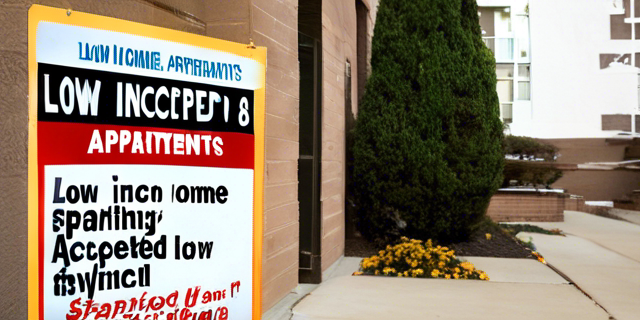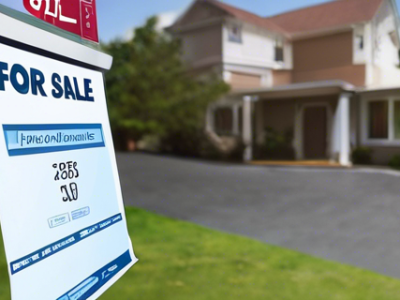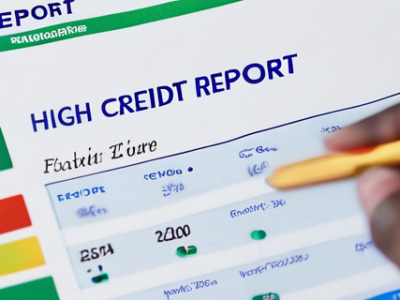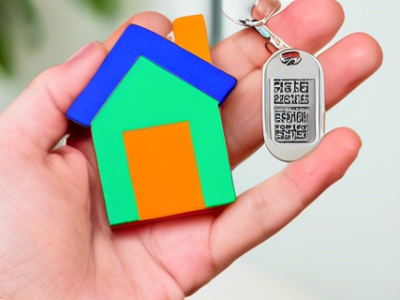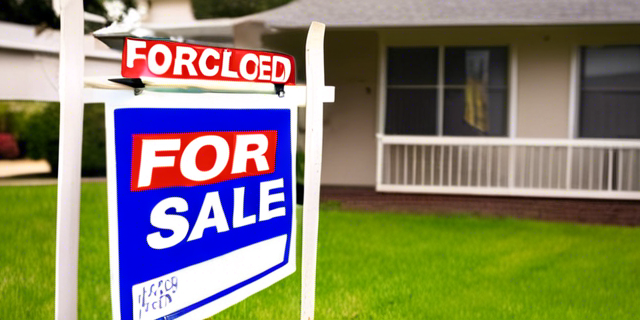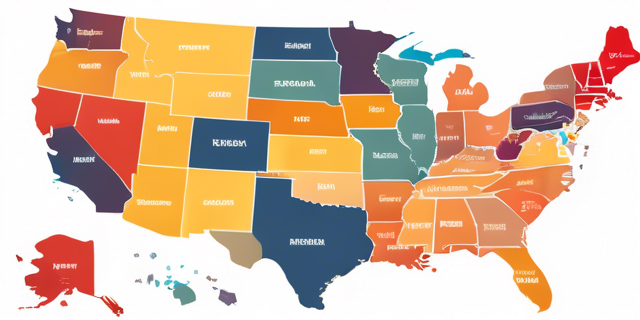HUD Homes for Sale By Owner List
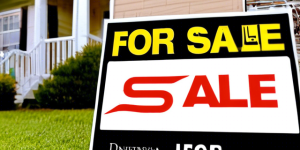
HUD Homes for Sale By Owner List
Introduction to HUD Homes
The U.S. Department of Housing and Urban Development (HUD) oversees various housing assistance programs for American homeowners and renters. One of the lesser known programs HUD offers is direct sales of HUD homes to buyers at discounted prices.
HUD acquires properties when homeowners default on FHA-insured mortgages. Instead of auctioning these homes to the highest bidder, HUD makes them available for purchase directly to homebuyers who qualify. This allows buyers to purchase move-in ready homes often below market value.
What is a HUD Home?
A HUD home is a property that has been foreclosed on from an FHA-insured mortgage. The Federal Housing Administration (FHA) is an agency within HUD that insures mortgages, allowing lenders to offer buyers low down payments.
If the homeowner defaults, the lender forecloses on the home and HUD pays the insurance claim. HUD then takes ownership of the property. Instead of selling it right away to recover costs, HUD makes these properties available for purchase to owner-occupant buyers.
Finding HUD Homes For Sale
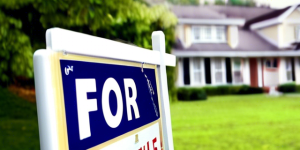
HUD Homes for Sale By Owner List
HUD lists homes that are for sale directly to buyers on their real estate owned (REO) home store website. However, there are also options for buyers who wish to bypass the bidding process and connect directly with sellers of HUD homes.
HUD Home Store Website
The main resource for buyers interested in HUD homes is the HUD Home Store website. This site lists residential properties that are currently available for purchase from HUD.
Potential buyers can browse listings to view details like:
- Location
- Sale price
- Property type
- Square footage
- Bedroom/bathroom count
Listings on the HUD Home Store website are typically single family homes, condos, and townhouses. Multifamily properties over 4 units are usually not eligible for purchase.
The HUD Home Store allows users to search for properties nationwide or within a specific state. However, buyers must work with a HUD-registered Real Estate agent in order to submit an offer. HUD does not sell homes directly to owner-occupants.
HUD Homes Available Without Bidding

HUD Homes for Sale By Owner List
While the HUD Home Store is the main source for listings, homes sold there require going through a sealed bidding process. This can be tedious for buyers looking to avoid competing offers.
Fortunately, there are also options to connect directly with sellers that have HUD homes available without bidding. This includes:
- Asset management companies – Companies contracted to sell HUD homes may list properties directly on MLS or their own site.
- Community development organizations – Nonprofit groups that acquire HUD homes to redevelop may advertise listings to the public.
- Municipalities – Local governments sometimes take ownership of HUD homes and make them available as affordable housing.
Finding available inventory this way takes more effort searching than the HUD Home Store. However networking with HUD community partners can unlock access to listings buyers may miss otherwise.
Buying a HUD Home
Purchasing a HUD property works differently than a standard home sale. Buyers will need to adhere to guidelines on eligibility, financing, and the bid process when making an offer.
HUD Home Buying Process
Here is an overview of what to expect when aiming to buy a HUD-owned home:
- Get pre-approved – Work with an FHA lender to get pre-approved for financing first.
- Find a property – Search listings on the HUD Home Store or through other channels to find available homes in your area.
- Work with an agent – Locate a buyer’s agent who is registered with HUD to represent you.
- Submit offer – Work with your agent to make an offer through the HUD Home Store bidding process outlined below.
- Close sale – If HUD accepts your bid, work quickly to finalize financing and complete the transaction.
Eligibility Requirements
To purchase a HUD-owned home, buyers must meet a few requirements:
- Intend to occupy home – HUD only sells to owner-occupants, not investors. You must agree to live in the home as your primary residence.
- Have financing – Buyers must be pre-approved for an FHA, VA, or other government-backed mortgage loan.
- Meet income limits – Your household income must be below the amount designated as “low income” for your area, though this cap is often quite high.
As long as you meet the above criteria, you can self-certify your eligibility when making an offer. HUD will verify you meet requirements later in the process.
Ineligible Buyers
HUD does have a few categories of buyers who are not permitted to purchase HUD homes:
- HUD employees
- Contractors debarred from working with the federal government
- Minors
- Nonresident aliens
- Convicted felons
Financing a HUD Home
Since HUD requires purchasers to live in the home, they expect buyers to finance the property with a traditional FHA home loan. FHA loans allow for low down payments and lenient credit standards.
That said, HUD does accept a few other financing options:
- Conventional loans – Provided buyers can afford at least a 5% down payment
- VA loans – For eligible military and veteran VA loan recipients
- Cash purchases – Buyers can make outright cash purchases but move-in requirements still apply
HUD sets a minimum bid threshold price for each property – buyers cannot finance below this amount. HUD also caps the maximum loan amount to prevent buyers from borrowing beyond their means.
Down Payment Assistance
One advantage of purchasing a HUD home is that there are actually funds available to help with your down payment and closing costs:
- Good Neighbor Next Door program – Buyers who commit to revitalizing the community can receive a 50% discount off the purchase price. Public service employees like teachers and firefighters are eligible to participate.
- $100 Down Incentive – Teachers, law enforcement, emergency medical technicians and veterans can qualify for up to $100 down when purchasing a HUD REO home.
Taking advantage of these incentives makes buying a HUD home more affordable for eligible purchasers.
The Bid Process
HUD advertises their REO property inventory for a minimum of 15 days before accepting purchase offers. Buyers interested in a particular HUD listing must work with their agent to submit bids online during this period.
Bid Submission
Only HUD-registered real estate agents can formally submit bids on the HUD Home Store website. But as the buyer, you still need to provide your agent details like:
- Offer price
- Preferred closing date
- Amount of earnest money deposit
- Financing type
Your agent will compile these details into the HUD Bid Form along with proof of your eligibility before entering the bid online.
Bid Ranking
After the listing bid period ends, HUD reviews all submitted bids. They rank offers based on a combination of factors:
- Bid price – How it compares to the list price and expected property value
- Net Sale Proceeds (NSP) – The estimated amount HUD will profit accounting for taxes, insurance, closing costs, etc. Bids with higher NSP get priority.
- Ability to close – Buyers with the most readily available financing and shortest closing timeframe
Its possible for a lower priced bid to beat out a competing higher offer if the other ranking factors net out better for HUD.
Sales Contract
Within 48 hours of bid closing, HUD will contact the buyer and agent
with the winning bid to draw up the sales contract. At this point buyers will need to:
- Prove eligibility – HUD requires documents verifying identity, owner-occupant status, and income limits.
- Get appraisal – Even if your bid exceeds the list price, HUD will only sell at the appraised value.
- Finalize financing – Work quickly with lenders to get formal mortgage approval locked in.
Most HUD homes sell very quickly once under contract. It is key for buyers to arrange inspections and get all closing paperwork handled ASAP before risking cancellation.
HUD expects buyers to close within 30-45 days in most cases. Only serious buyers ready to finalize the purchase should consider bidding.
Pros and Cons of Buying HUD Homes
Purchasing real estate owned properties from HUD has many advantages but also comes with drawbacks to weigh.
Benefits
Here are some of the best perks buyers can take advantage of when purchasing HUD foreclosures:
Discounted Pricing
The biggest incentive is purchasing property below market value. Since HUD focuses on recovering costs not maximizing profits, their home prices are very reasonable.
Move-In Ready
Most HUD REO listings are updated and repaired before listing. This saves buyers hassles dealing with renovation projects before move-in.
Inspections Provided
HUD conducts appraisals and professional inspections of properties before listing. So buyers get unbiased quality assessments.
Owner-Occupant Status
By only selling to buyers who commit to live in HUD homes, neighborhoods get renewed owner-occupancy. This encourages community revitalization.
Down Payment Help
Assistance programs like Good Neighbor Next Door provide major discounts enabling more buyers to purchase affordably.
Buying discounted, move-in ready homes from HUD has many upsides for eligible purchasers. Just be sure to also consider the downsides too.
Drawbacks
While most HUD property purchases work out great, there are a few key risks to also evaluate:
As-Is Condition
Outside of repairs HUD makes themselves, buyers purchase properties in as-is condition. So unforeseen deficiencies become your responsibility after closing.
Short Timelines
The bidding and sales processes move quickly, giving buyers little flexibility if issues cause delays. Make sure you can handle fast timeframes.
Property History Unknown
Unlike traditional sellers, HUD provides little background on the condition and ownership history of their REO listings. Buyers are left making offers blindly regarding past issues.
Geographic Limitations
Although HUD acquires foreclosures nationwide, property availability varies greatly by region. Rural buyers may struggle finding listings compared to those in metro areas.
Not every buyer may feel comfortable taking on the risks posed by HUD home purchases outlined above. But the incentives and discount pricing available often make it worthwhile for many.
Locating HUD Homes By Owner in Your State
Buying a HUD-listed property requires working through an agent and secured lender on strict timelines. This leaves little ability for buyers to connect directly with sellers.
However, remember that HUD also transfers some foreclosure inventory to community groups and municipalities. Partner organizations may then list them for resale to buyers directly without the HUD sales proceedings.
Finding Municipally-Owned HUD Homes
Check for listings of affordable housing, auction sites, and community development programs in your city or county to uncover transferred HUD homes.
For example, if you live in Tampa, Florida – the Community Development Corporation lists homes for sale to income-eligible buyers as part of the city’s affordable housing programs.
Whereas in San Antonio, Texas the San Antonio Housing Trust buys and renovates foreclosed homes before selling them to lower-income residents. Monitoring sites like these can help buyers connect directly with discounted REO listings.
You may also try reaching out to regional HUD Field Offices to learn about which entities in your communities acquire REO properties in your state. They can guide you on where to look for potential openings.
Here is the contact information to connect with HUD officials based on your state location:
- Alabama – Birmingham Field Office
- Alaska – Seattle Field Office
- Arizona – Phoenix Field Office
- Arkansas – Little Rock Field Office
And so on for every state…
Being proactive by networking with municipal sources gives buyers a better chance to find locally advertised HUD homes without undergoing the federal bidding process.
Final Considerations For Buying HUD Homes
Purchasing real estate owned discount homes from HUD or affiliated nonprofits in your city offers huge money saving opportunities. Just make sure you fully understand program guidelines and risks before bidding.
Use a Knowledgeable Agent
Work closely with an experienced agent who specializes in HUD home sales to steer you through byzantine government procedures. Having an adept guide representing your interests and managing time-sensitive deadlines makes all the difference navigating the complex HUD transaction process successfully.
Have Financing Prearranged
Since HUD home purchases move extremely quickly once under contract, buyers must have their lender fully ready to close immediately once notified. Scrambling to line up financing after your bid wins only heightens risks of delay which can cause HUD to void the deal.
Be Ready to Commit
Finally, understand that securing affordable HUD REO homes requires buyers prepared to move rapidly securing property ahead of competitors. Stay vigilant tracking listings, act decisively placing competitive bids, and stand ready to finalize purchases lightning fast. With the right prep and execution, you can land outstanding discounted housing opportunities through the HUD homes program.
Frequently Asked Questions
1. How can I buy directly from HUD?
Unfortunately buyers cannot purchase HUD homes directly. All listings must undergo bidding through a HUD-registered buyer’s agent first. HUD will not work with members of the public directly.
2. Can investors or landlords buy HUD homes?
No, HUD REO property listings are only available for owner-occupant purchasers who commit to living in the home as a primary residence. The program prohibits real estate investors and landlords from participating.
3. Do I need a realtor to buy a HUD owned home?
Yes, working with a real estate agent registered with HUD is mandatory. Members of public cannot bid on listings from the HUD Home Store website without an agent to represent them.
4. How much below market value are HUD homes?
Discounts can range widely, but typically HUD homes sell for 15-25 percent under comparative market prices in the same area. In more extreme cases discounts upwards of 30-50 percent are possible.
5. Are HUD homes move in ready?
Generally yes, HUD makes necessary repairs to properties before listing them for sale in livable condition. But buyers still purchase homes as-is. So additional renovations, systems replacements, etc become the responsibility of buyers after closing.


